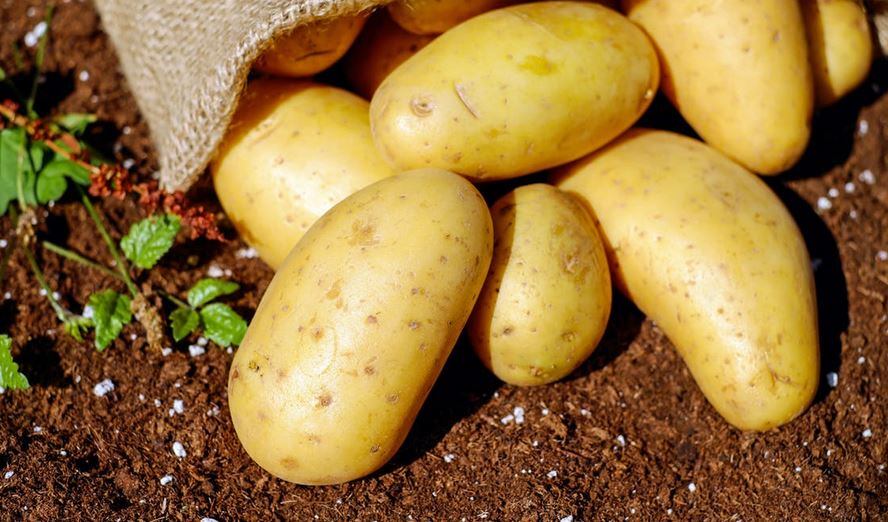Food industry experts have warned that, as Brexit looms, a no deal exit could leave the UK in food turmoil.
Members of procurement specialists the Regency Purchasing Group have said they have “serious fears” about the prospect of a no-deal Brexit, leaving them uncertain about the future.
Regency Purchasing Group managing director Alex Demetriou said: “With less than six months to go until we are due to leave the EU, we still don’t know what deal we have in place or if, indeed, we have a no deal, which means there is a lot of uncertainty.
“It means food and beverage businesses cannot plan and commit to a strategy.”
Unable to plan future deals
Many of the group’s members import and export food and drink, but are unable to plan future deals without knowledge of tariffs.
“The Government seems to have no plan B; as the recent Conservative Party Conference confirmed, it seems to be either the Chequers deal or no deal, but the fact that we’re no clearer on what outcome is most likely, is causing tremendous concern,” added Demetriou.
Neither the public nor industry fully understand what the impact of a no deal could be, he added, claiming it could be “catastrophic”.
In the event of a no-deal Brexit, the UK would automatically default to World Trade Organisation (WTO) rules, he said.
“We are, of course, already members of the WTO, but when trading within the EU, the WTO treat this as one economic block, with movement between borders being free,” said Demetriou.
“Until new deals are negotiated, we could be eligible to pay WTO tariffs every time a border is crossed.”
Price increases of more than 12%
Research from auditing firm KPMG claimed that some food items could see price increases of more than 12% if the UK did trade under WTO customs rules.
“The level of uncertainty is worrying,” added Demetriou. “We are speaking to manufacturers and brand owners and they are not guaranteeing any prices beyond the end of March, adding to the uncertainty.”
Prices of some food and drink have already increased due to extreme weather conditions over the winter and the summer.
For example, potato yields are 40% lower than predicted, meaning prices will stay high. This is also expected to be the case with many types of winter vegetables.
Demetriou added: “We’re just hoping that, at some point in the very near future, we get details of some kind of deal for the UK, so that we can all start to plan ahead with a little more certainty.”

